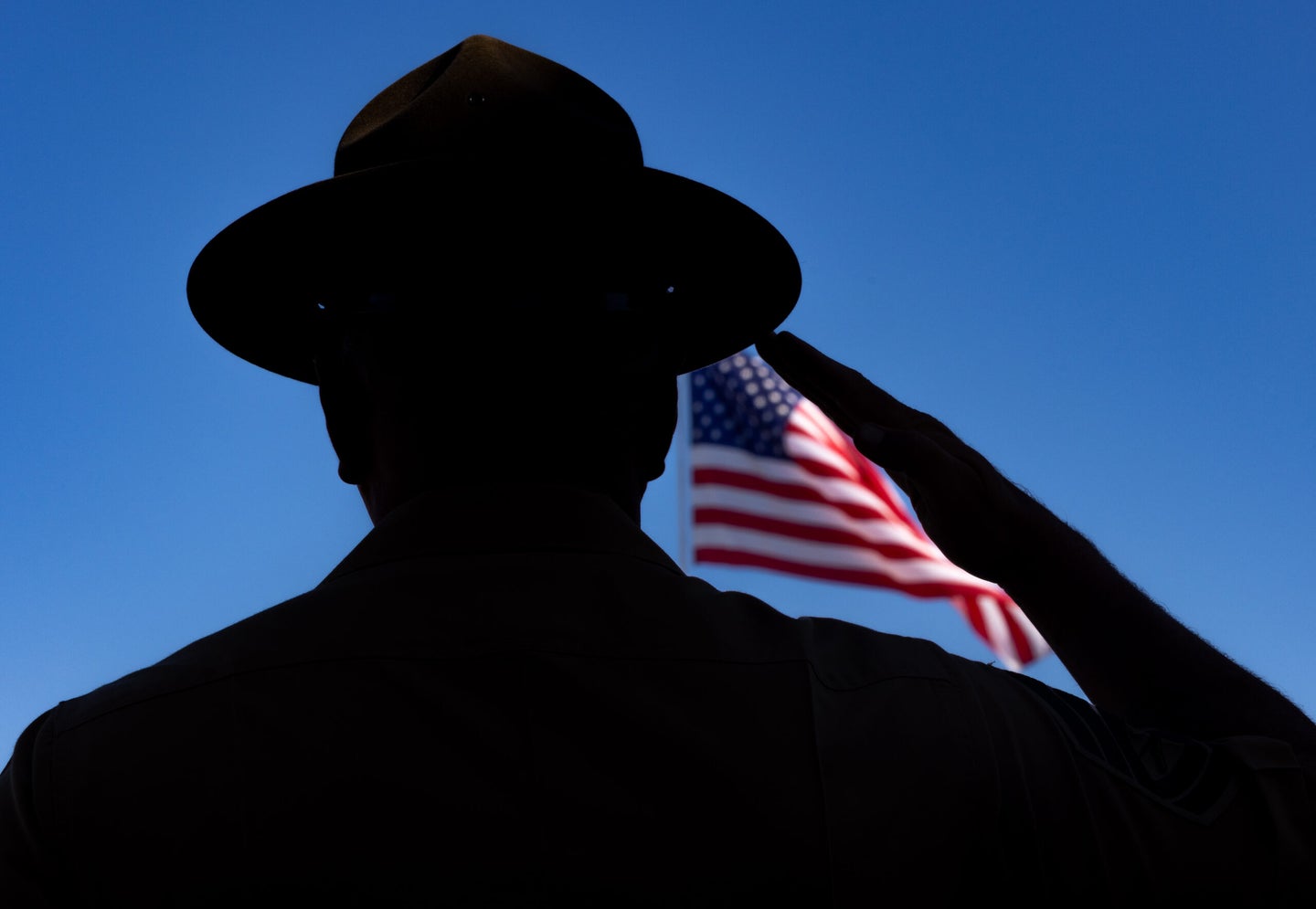Opinion: In the name of health care freedom, millions of veterans may lose theirs
The grim danger of these bills is being slyly obscured by their authors.

The realm of veterans health care policymaking has, for a decade, been dominated by a dangerous libertarian fallacy, namely that greater personal choice and less government involvement are unequivocally advantageous. Allowing more options, lawmakers and advocates contend, benefits every veteran. It’s even framed as a patriotic “defense of freedom.”
A pair of bills being actively considered in Congress represent the culmination of this fervent, albeit deeply unfounded, conviction. For the first time, powerful Senators are pushing for veterans to have total leeway to decide where they wish to receive care — at a Department of Veterans Affairs (VA) facility or in the private sector.
The impact of these proposals will be calamitous. In the name of health care freedom, millions of veterans will lose VA choices, options they not only depend on but are of superior caliber. With in-house care as the default, the VA consistently furnishes integrated health care of higher quality and with shorter wait times than the private sector.
Due to previously passed laws, millions of veteran patients and billions of dollars have already poured into private providers. To understand the consequence of these new bills, water provides a helpful allegory. Imagine, for a moment, two hillside landowners who share the same stream. One lives uphill, near the stream’s source. The other has a dwelling downstream. For years, the two households have had ample supply for their respective needs. But then, the household up the hill plants crops and irrigates them, diverting an increasing amount from the stream. In short order, the downstream home’s water dwindles, and its owner is forced to move.
Veterans’ health care is now nearing this type of inflection point. Should the private sector obtain unfettered upstream dollars, too little will be left downstream, leading to the closure of VA programs and units. This will imperil the 2.7 million men and women who rely exclusively on the VA for all of their health care needs and the 1.6 million who use it for most of their care. Many have catastrophic war-related ailments, like lost limbs or traumatic brain injuries, which civilian providers are ill-equipped to treat. In July, the Disabled American Veterans urgently sounded the alarm over this future with an article entitled “A Broken Promise: What if VA Care Goes Away?”
Subscribe to Task & Purpose Today. Get the latest military news and culture in your inbox daily.
The grim danger of these bills is being slyly obscured by their authors. Take U.S. Senator Marsha Blackburn (R-Tenn.), author of the misleadingly titled Veterans Health Care Freedom Act. Her bill would drastically modify the process by which enrolled veterans obtain care, allowing them to utilize – and overutilize – private providers without VA authorization, referral, or oversight. VA’s only role would be to pick up the tab.
The second legislation, the Veterans’ HEALTH Act introduced by Senate Veterans Affairs Committee Ranking Member Jerry Moran (R-Kan.) and Kyrsten Sinema (I-Ariz.), has the same prerogatives, except that it starts on a smaller scale. Another bill provision would offer private care to veterans simply if that is their “preference.”
Where would the money come from to pay for the ensuing explosion of care? Blackburn’s bill implements a draconian mechanism in which private sector expenses are directly deducted from VA hospital and clinic budgets. Diverting these essential streams of VA funding would force reductions in staff, programs, clinics – and even hospitals. This will propel more veterans into the community, which will further drain money from VA facilities, leading to more cutbacks.
It’s a looming vicious cycle. VA Secretary Denis McDonough himself recently forecast that should the use of private sector care continue increasing, “VA medical facilities, particularly those in rural areas, may not be able to sustain sufficient workload to operate in their current capacity.” There are signs that this spiral may have already started. In a recent survey of 2,000 VA employees, half indicated that, during the last few years, they’d witnessed closures of VA services.
The net effect of these bills will be to tear at the very fabric of the VA. A highly sophisticated public health care network could be diluted and damaged, transforming from a world-class provider into an insurance payer for private care.
Unrestricted access to private care is also exceptionally pricey, estimated to cost two to three times what’s being spent by the VA system. To counter excessive private sector expenses, the number of eligible veterans, and the extent of their benefits, would almost certainly be slashed.
Policies exalting health care freedom, preference, and choice exact communal, medical, and financial harm. We must never blindly succumb to this rhetoric, nor abandon the current and future generations of veterans who depend on the VA.
The latest on Task & Purpose
- These are the real-life soldiers behind the characters in ‘Band of Brothers’
- The 5 best books about Navy SEALs — according to Navy SEALs
- Green Berets vs Navy SEALs: Inside the Best Combat Diver Competition
- If the government shuts down, here’s what troops can expect
- 5th Special Forces Group wins 2023 Best Combat Diver Competition